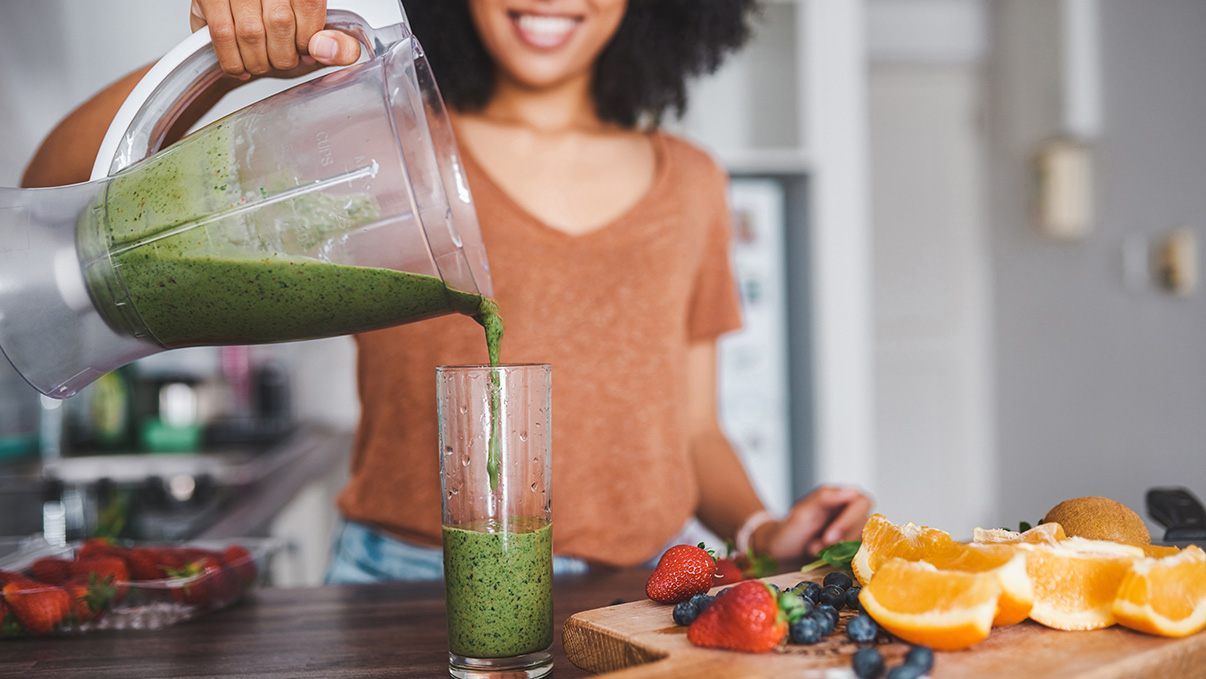
Nutrition for Women’s Health: Fuelling Daily Life, Activity, and Aging Gracefully
Women’s nutritional needs evolve across life stages, requiring tailored strategies to support energy, health, and longevity. From managing daily demands to sustaining an active lifestyle and navigating aging, food choices play a pivotal role in optimising physical and mental well-being. We will take a look at science-backed nutrition strategies that empower women at every phase of life.
Daily Nutrition: Building a Balanced Foundation
A nutrient-dense diet forms the cornerstone of women’s health, addressing hormonal balance, energy needs, and disease prevention.
Key Nutrients for Everyday Wellness:
- Iron: Critical for combating fatigue, especially during menstruation. Sources include lean meats, lentils, spinach, and fortified cereals. Women aged 19–50 need 18 mg daily.
- B Vitamins: B6 (1.3 mg/day) and B12 (2.4 mcg/day) support energy metabolism and cognitive function. Find them in eggs, salmon, and leafy greens.
- Fibre: Supports gut health and stabilises blood sugar. Aim for 25–30g daily via whole grains, berries, and legumes.
- Antioxidants: Berries, dark chocolate, and green tea combat oxidative stress, reducing inflammation linked to chronic diseases.
Sample Daily Meal Plan:
- Breakfast: Greek yogurt with oats, chia seeds, and blueberries (rich in calcium, fibre, and antioxidants).
- Lunch: Quinoa salad with chickpeas, spinach, avocado, and olive oil (packed with iron, healthy fats, and B vitamins).
- Snack: Apple slices with almond butter (fibre + protein for sustained energy).
- Dinner: Grilled salmon, roasted sweet potatoes, and broccoli (omega-3s for brain health, vitamin C for immunity).
Nutrition for Active Lifestyles: Fuelling Performance and Recovery
Physical activity increases the demand for energy, muscle repair, and hydration.
Key Strategies:
- Protein Power: Active women need 1.2–1.6g/kg of protein daily. Post-workout, pair whey or plant protein with carbs (e.g., smoothie with banana) to enhance muscle synthesis.
- Complex Carbohydrates: Sustain energy with whole grains, sweet potatoes, and fruits. Endurance athletes may need 8–10g/kg of carbs on training days.
- Hydration + Electrolytes: Dehydration impairs performance. Drink 35ml/kg of water daily, adding electrolytes (coconut water, sodium-rich snacks) during intense sessions.
- Iron and B12: Active women are prone to deficiencies. Include lean meats or fortified cereals to prevent anaemia-related fatigue.
Pre-/Post-Workout Snacks:
- Pre: Oatmeal with almonds and berries.
- Post: Chocolate milk (3:1 carb-to-protein ratio) or a turkey wrap with veggies.
Aging Well: Nutrition for Longevity and Vitality
After 50, hormonal shifts and metabolic changes require targeted nutrition to preserve bone density, muscle mass, and cognitive health.
Priority Nutrients:
- Calcium + Vitamin D: Postmenopausal women need 1,200mg of calcium and 800–1,000IU of vitamin D daily to prevent osteoporosis. Sources: dairy, fortified plant milk, and fatty fish.
- Omega-3s: DHA in salmon and walnuts supports brain health, reducing dementia risk by 26%.
- Protein: Combat sarcopenia (muscle loss) with 25–30g per meal. Opt for eggs, tofu, or lentils.
- Phyto-oestrogen: Soy products and flaxseeds may ease menopausal symptoms like hot flashes.
Aging-Focused Meal Tips:
- Breakfast: Smoothie with spinach, flaxseed, and protein powder.
- Lunch: Lentil soup with kale and turmeric (anti-inflammatory).
- Dinner: Baked cod with quinoa and steamed broccoli.
Lifestyle Integration: Practical Tips Across Ages
- Meal Prep: Batch-cook grains and proteins to avoid processed snacks.
- Mindful Eating: Chew slowly to improve digestion and satisfaction.
- Supplement Wisely: Consider vitamin D (if sun-deprived), B12 (for over 50s), and magnesium (for sleep) after consulting a healthcare provider.
- Stay Hydrated: Infuse water with citrus or mint to meet fluid goals.
Conclusion
From adolescence to post-menopause, nutrition is a dynamic tool for women to thrive. By prioritising iron-rich foods for energy, omega-3s for brain health, and calcium for bones, women can navigate daily demands, fuel active pursuits, and age with resilience. Small, consistent changes – like swapping refined carbs for whole grains or adding a daily probiotic – compound into lifelong vitality. Remember: nourishment isn’t just about eating well today; it’s an investment in a stronger, healthier tomorrow.
